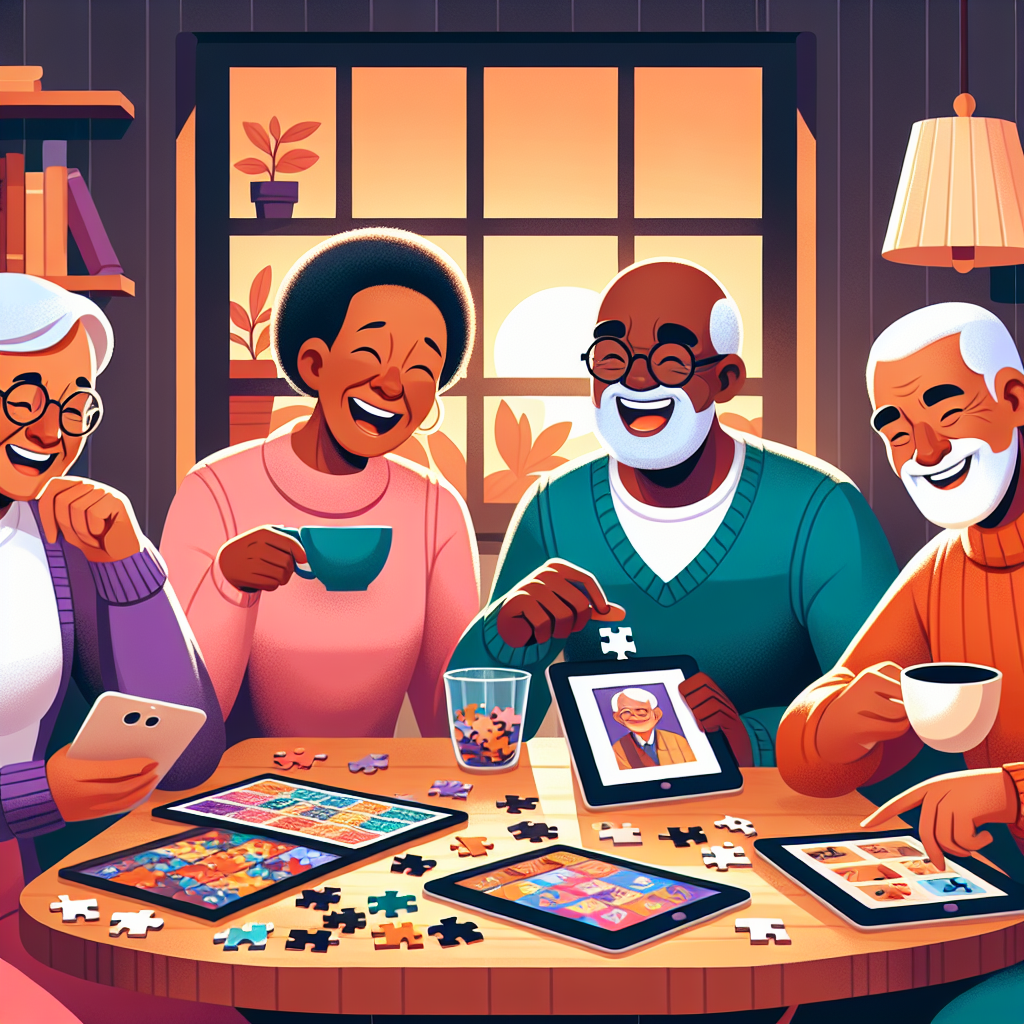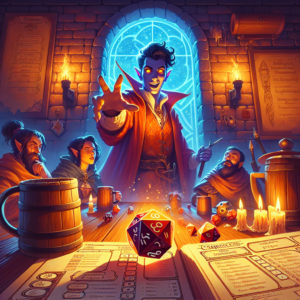
Benefits of Puzzle and Memory Games for Seniors
1. Cognitive Improvement and Mental Agility
– Engaging in puzzle and memory games helps stimulate brain activity, which can lead to enhanced cognitive skills such as problem-solving, attention, and critical thinking. These games challenge the brain, encouraging it to form new neural connections, which is crucial for maintaining cognitive health as we age.
2. Emotional Well-Being and Stress Relief
– Puzzles and memory games provide a sense of accomplishment and satisfaction when completed. This helps boost self-esteem and mood. Playing these games can also serve as a form of relaxation, reducing stress levels and promoting mindfulness, which is beneficial for overall emotional well-being.
Popular Game Types
1. Jigsaw Puzzles
– These puzzles encourage spatial awareness and problem-solving skills. They can be done individually or in groups, making them perfect for both solitary play and social interaction.
2. Crosswords
– Crosswords enhance vocabulary and language skills while providing a fun challenge. They can also stimulate memory recall as players think of words that fit clues.
3. Sudoku
– This number puzzle promotes logical thinking and requires concentration. It is a great way to practice mathematical skills and improve overall mental agility.
4. Digital Memory Games and Apps
– With many apps designed specifically for seniors, digital games can be easily accessed on devices. They often come with customizability, allowing players to choose levels appropriate for their skill sets.
Tips for Choosing the Right Games
1. Difficulty Levels and Personal Interests
– Selecting games that match a senior’s skill level is essential. Beginners may prefer simpler games, while more experienced players might enjoy advanced puzzles. Also, consider personal interests; for example, someone who loves nature might prefer jigsaw puzzles featuring beautiful landscapes.
2. Accessibility Features for Seniors
– Choose games that are easy to handle and visually accessible. Look for larger pieces in puzzles, clear fonts in word games, and user-friendly digital interfaces. This ensures that the games are not frustrating and can be enjoyed without added challenges.
Social Interaction through Games
1. Group Activities
– Engaging in puzzle games in a group setting can foster camaraderie and teamwork. Whether it’s organizing a weekly puzzle night at home or participating in group crossword sessions at community centers, these activities promote social bonding among seniors.
2. Family Bonding
– Games can serve as a great way for families to connect with their senior members. Playing games together, whether it’s a digital app or a physical puzzle, can lead to shared experiences, laughter, and cherished memories, enriching family relationships and bringing joy to all participants.
In conclusion, incorporating puzzle and memory games into the daily routines of seniors can have profound benefits for their cognitive health, emotional well-being, and social interactions, making them a valuable part of healthy aging.


